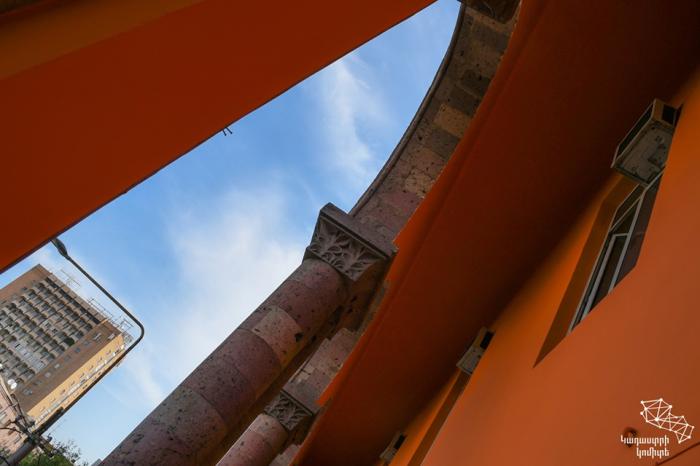REVERSE MORTGAGE and SPOUSAL HOMESTEAD RIGHTS. NEW LEGAL REGULATIONS

The Cadastre Committee has initiated a new legislative amendment proposing to introduce the concepts of “reverse mortgage” and “spousal homestead right” into the Civil Code of the Republic of Armenia. These mechanisms would allow citizens of retirement age who own residential property—such as an apartment, house, or garden house—to mortgage their property and receive regular income in return, without having to make any payments during their lifetime.
Ownership rights to the property are retained throughout the entire term of the contract. Thus, citizens will be able to receive income based on the value of their property while retaining both ownership and the right to use and reside in it.
The draft law establishes a number of essential safeguards:
- The annual interest rate for a reverse mortgage may not exceed the minimum annual interest rate applicable to mortgage loans at the time;
- The property must be insured, tax obligations must be fulfilled, and special mechanisms will ensure the maintenance and upkeep of the property;
- The obligations of the mortgagor or their heirs may not exceed the amount obtained from the sale of the property;
- A mandatory pre-contractual consultation requirement is introduced to help minimize financial and legal risks.
The spousal homestead right provision also stipulates that property acquired during marriage and constituting joint marital ownership may, upon the owners’ request, be registered as spousal homestead. As a result, in the event of the death of one spouse, the surviving spouse retains unrestricted ownership and use of the shared home — the apartment or house — as a single, indivisible property unit, without the need to divide it with other heirs at that stage.
Registering property as spousal homestead during the marriage also ensures legal clarity and a predictable development of property relations, thereby strengthening the social protection of the spouse.
These regulations are widely used in several developed countries (the United States, Canada, the United Kingdom), providing full realization of property rights, expanding financial instruments, and creating a new opportunity for citizens to convert the value of their property into a stable income.
The draft has been published for public discussion on the unified website for draft legal acts.


